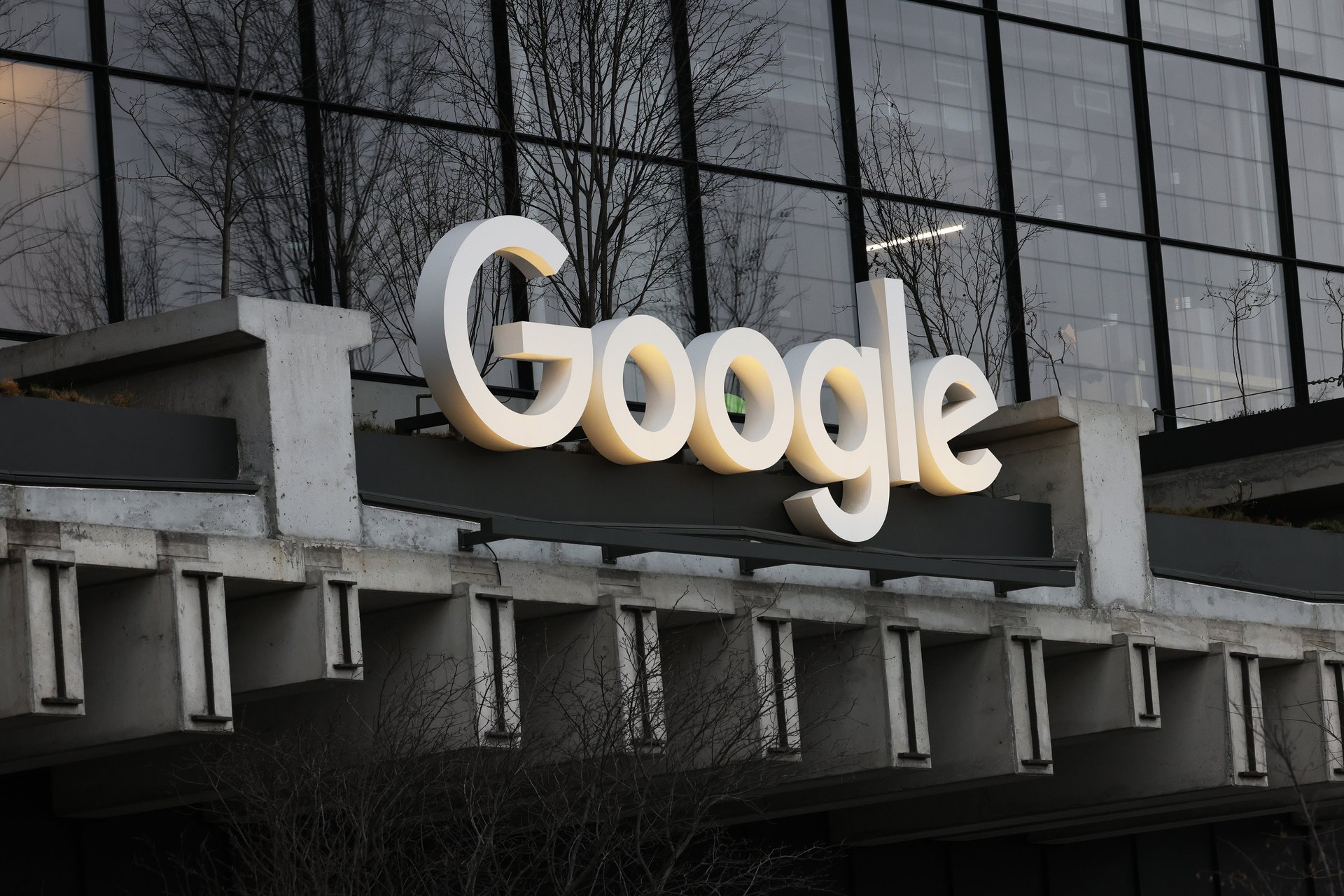Google's antitrust case could hinge on the definition of AI
A judge seems to be considering whether AI alters the competitive landscape in online search — potentially challenging the government's antitrust claims

On the final day of the most consequential tech antitrust trial in decades, a question from the bench may have gotten to the core of Google’s (GOOGL) defense: Could artificial intelligence already be doing what regulators hope to accomplish through the courts?
Suggested Reading
U.S. District Judge Amit Mehta, who will soon decide whether Google should face structural penalties for allegedly monopolizing online search, asked Department of Justice attorneys Friday whether AI tools such as ChatGPT and Perplexity represent a new form of search — or something else entirely.
Related Content
If AI is a new kind of search, that could be an entirely new kind of competition that weakens Google’s dominance without judicial intervention. Mehta’s broader question captured that uncertainty:
“Do you think someone is going to come off the sidelines and build a new general search engine in light of what we are seeing?” he asked, according to Reuters.
The exchange hints at how Mehta may be approaching the case. While the DOJ has focused on Google’s multibillion-dollar default search deals — particularly with Apple (AAPL) — the judge appears to be looking at whether the concept of a “search market” still applies in an AI-driven world.
David Dahlquist, a DOJ attorney, told Mehta that search is far from obsolete. He said the government’s proposed remedies aim to stop Google from leveraging its dominance to stifle AI-based rivals before they get a foothold. Prosecutors maintain that Google’s position stems from entrenched defaults, not superior products — and that AI tools still rely on Google infrastructure and aren’t full substitutes for traditional search.
Any uncertainty could benefit Google. The very technology threatening its business model — AI — may now bolster its legal defense. In this penalty phase of the trial, Google has argued that regulators’ proposed remedies are overreaching, disproportionate, and unnecessary, partly because the market is already shifting under its feet.
If Mehta finds that AI platforms are emerging as viable alternatives to traditional search, he could conclude that competition is arriving on its own — no court order required. That would undercut the government’s core claim: that without intervention, Google’s grip on the market is too entrenched for any rival to compete.
But Mehta’s question also points to a broader consideration: whether the market Google has allegedly monopolized still exists in the same form today, and whether remedies designed for that era still make sense in 2025. More pointedly: Is the market Google allegedly controls already being redefined by forces beyond the court’s reach?
That legal ambiguity may be central to the final outcome. If generative AI counts as search, the court may see Google as already under pressure from entrants. If it doesn’t, the government’s argument — that search remains a closed market dominated by one firm — gains strength.
Mehta’s decision is expected in August. If he rules in favor of the government, Google has indicated plans to appeal.